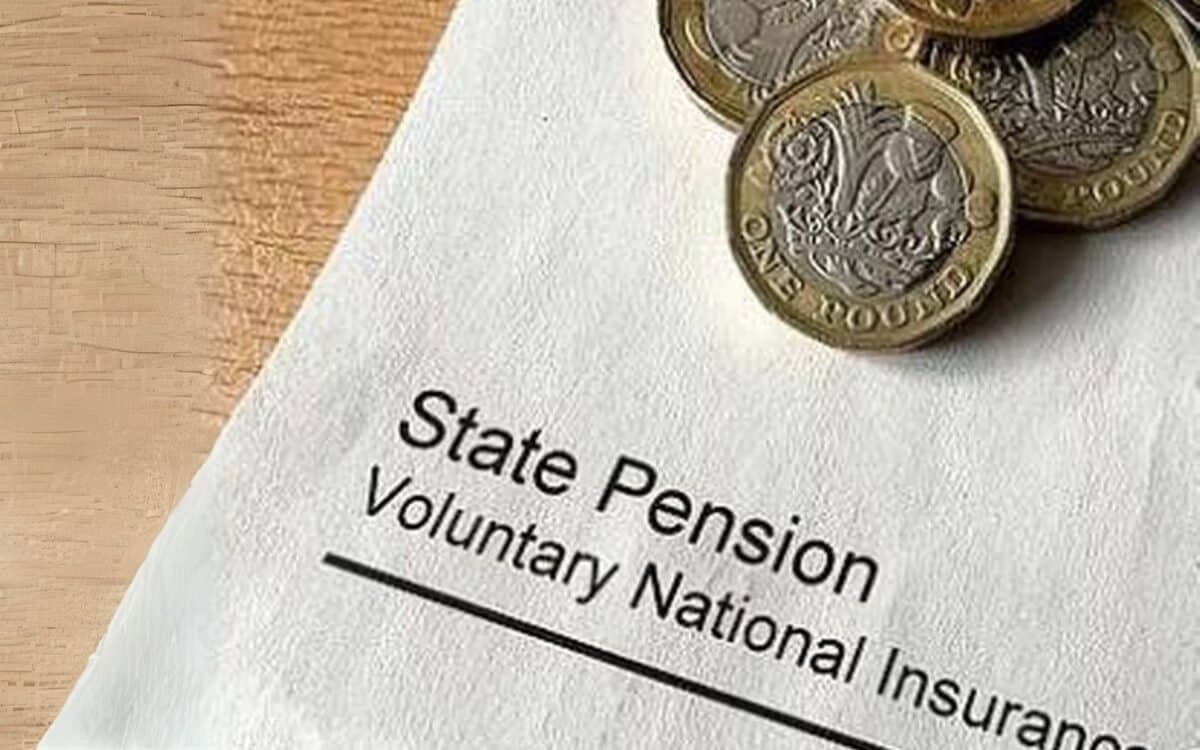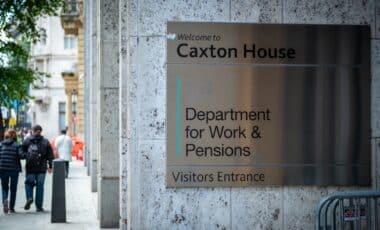The UK state pension is set for a 4.1% increase from April, offering pensioners a financial boost amid rising living costs. The change, part of a £6.9 billion spending package, follows the triple lock policy, which ensures pensions increase in line with inflation, wage growth, or 2.5%—whichever is highest.
How Much Will Pensioners Receive?
From 1 April 2025, pensioners on the new state pension will see their weekly payments increase from £221.20 to £230.25, translating to an annual rise of £473.60—bringing the total yearly amount to £11,973.
For those on the basic state pension, the weekly rate will increase from £169.50 to £176.45, amounting to an annual rise of £361.40, with total yearly payments reaching £9,175.40.
Monthly payment increases:
- New state pension: Rising from £884.80 to £921
- Basic state pension: Increasing from £678 to £705.80
The Impact of the Triple Lock Policy
The triple lock, introduced in 2011, ensures that state pensions keep pace with rising living costs and earnings. The latest increase significantly outpaces the 1.7% rise in other social security benefits.
Sir Stephen Timms, speaking in Parliament, reaffirmed the government’s commitment to the triple lock, stating that pensions will continue to be uprated by the highest of the growth in earnings, inflation, or 2.5%.
Who Will Benefit from the Increase?
Currently, 12.9 million people receive the state pension in the UK, including:
- 8.8 million on the basic state pension
- 4.1 million on the new state pension
However, not all pensioners receive the full amount, as National Insurance contributions determine individual entitlement. A recent study by Royal London found that around 150,000 pensioners receive less than £100 per week.
- The annual payment increase: Pensioners on the new state pension will receive an additional £473.60 per year, while those on the basic state pension will see an increase of £361.40 per year.
- Comparison with other benefits: The 4.1% state pension increase is significantly higher than the 1.7% rise in other social security benefits.
The Department for Work and Pensions (DWP) will send letters to pensioners in March, informing them of their updated payments. These letters will also serve to raise awareness about Pension Credit, encouraging eligible recipients to check if they qualify for this additional financial support.
Meanwhile, discussions around the future of pension increases continue, with Conservative MP Luke Evans questioning whether the government would consider a “triple lock plus” policy. However, Stephen Timms confirmed that there are no plans for such changes.
In terms of tax implications, pensioners whose only income is the state pension will not be required to pay income tax, as the Personal Allowance remains set at £12,570 for the 2025–26 financial year.
This increase aims to provide greater financial security for millions of retirees across the UK while ensuring the state pension remains aligned with rising living costs and wages.









